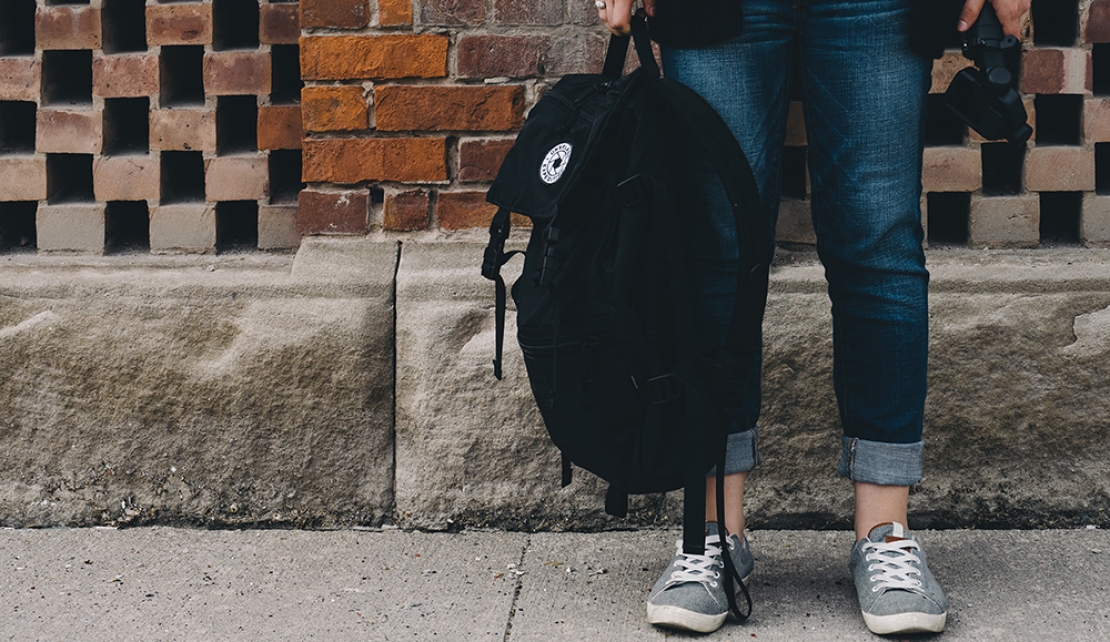In the first cycle of National Social Lab for the Learner’s Journey, we worked with more than 130 young people, parents, educators, employers and policy makers from across Australia to better understand the experiences of learners, particularly those for whom the system doesn’t meet their needs. We asked 17 year old Issy, a contributor to our work in Cycle 1 and advocate of disabled and queer young people to share their experience of learning within the secondary schooling system in Australia. This is what Issy shared:
How I feel about learning is complicated. It shouldn’t be, but my experience as a disabled and queer young person has helped me recognise that learning and education are not the same thing. Education, as a system that ranks how good we are at learning, does not have accessibility in mind. I wouldn’t be so conflicted in how I feel about education, if I was just able to learn, because learning as love, curiosity and passion is, by contrast, accessible.
I remember feeling a bit like I didn’t belong in my primary school, a suspicion that became a true articulation of my experience in highschool. Through no malicious intent, going to a public mainstream highschool as somebody who’s identity and support needs seemed controversial, engaging in education became incredibly hard. An unrelenting love of learning and true desire to engage in education were not enough to hide the fact I was disabled and queer. Other students were able to tell, and took it upon themselves to make my attempts to learn even more difficult. There was a consistent sense that I was not good enough, or abled enough, or smart enough, or really enough of anything. My brain didn’t know what to do with that information, but processed it in the only way it could, to mean that I wasn’t deserving of learning, because education didn’t want me to. It hurt.
In the middle years of highschool I felt I had so little power in my own life that even attending school became too much of a challenge. In any given week, I would find myself only having enough spoons to sleep and eat. The only times I ever remember feeling happy were in activities outside of school like conferences and debating and public speaking competitions, about the world around me. Though incredibly draining and still somewhat inaccessible, these events would become the only times that I felt I belonged in a learning environment. It felt like justice after years of invalidation. During year 11, after about 18 months of considerable disengagement from the education system, where even attending a single class in a week felt like winning a marathon, it dawned upon me that this was not sustainable. I felt I had to make the choice to actually remove myself from the education system that clearly didn’t support me to learn, or continue to be hurt just to get a certificate to tell me I had graduated.
I ended up not having to make either of those decisions, due to a random conversation with a friend of a friend about their learning. They went to a school that didn’t really sound like a school They described the low contact hours, independence and agency that they were given by their ‘adult education institution’- which was immediately appealing to me. They actually liked learning again, after years of being told they too were not deserving of it. It felt too good to be true. While I am not going to pretend moving to an alternative form of education cured the ableist and inaccessible features of learning within the existing system, I can say that this alternate approach to schooling changed my life. Education was still hard, and I still faced barriers to my learning, but I was enrolled in an institution that was filled with allies, who took it on themselves to try and make it work for me.
A global pandemic in 2020 certainly added to the complex layer of barriers placed on my journey in education and learning, but I was lucky to be in a school that cared about trying to get me through my schooling. I had some important realisations about the unfair expectations I still faced including the realisation that the ATAR didn’t matter. I thought I knew that the entire time, but recognising I was not going to do well in the ATAR system, thanks to COVID-19, helped me finally connect the dots to prove that that didn’t define my worth.
Half of my heart continues to ache for the learning and education I deserved but wasn’t given. The other half rallies for action, to work to make the system better for other people, to find more opportunities for learning outside of education. Knowing that learning is for everyone but that education is not, is the biggest piece of education I have received.
Is Orosz, disabled and queer young person - https://issyhaywriting.webnode.com



